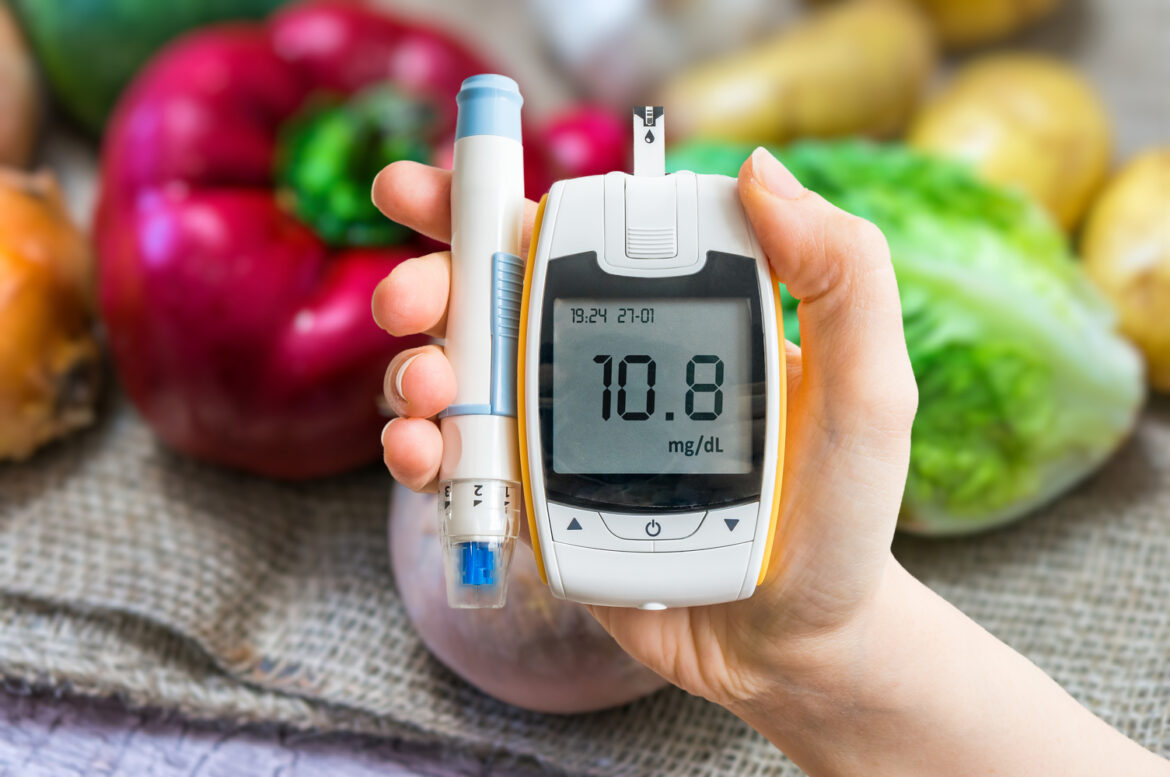In 2015, 30.3 million people in the United States had diabetes. A lot of Americans know at least one person who has this chronic condition and though it usually affects people who are 45 years or older, any person can be diagnosed with it. You are at risk of developing diabetes if you’re overweight, have high blood pressure or a family history of diabetes.
You usually develop diabetes when there is too much glucose in your blood. When you eat, your blood receives glucose or sugar which is the body’s main source of energy. Then a hormone called insulin moves the glucose from your blood to the body’s cells to be used as energy. Diabetic people’s bodies don’t make enough insulin or don’t use insulin efficiently (insulin resistance). This causes glucose to stay in the blood causing a range of different health problems. Symptoms of diabetes depend on what type of diabetes you have. According to a study done in 2015, 1 in 4 people don’t know they are diabetic.
There are three main types of diabetes:
Type 1 Diabetes
This occurs when your body doesn’t make any insulin at all. This causes your immune system to attack and fight the cells in the pancreas (the organ that produces insulin). Most patients with type 1 diabetes are children and young adults. Treatment involves taking insulin daily.
Type 2 Diabetes
This is the most common type of diabetes and you will develop this condition when your body doesn’t make enough insulin or doesn’t use it well enough.
Gestational Diabetes
Gestational diabetes affects pregnant women and usually goes away after they have the baby. Women who have had gestational diabetes are at risk of developing type 2 diabetes when they get older. Gestational diabetes occurs because the changing hormone levels in a woman’s body alters the way the bloodstream processes glucose. Women diagnosed with gestational diabetes have to manage their condition by eating small, regular meals and taking medication.
Prediabetes is not exactly a type of diabetes but is used to name a condition where your blood glucose levels are higher than normal but not high enough to be called diabetes.
Diabetes can lead to other serious health complications such as heart disease, stroke, kidney disease, vision, and dental problems and nerve damage. It is important to catch it early and manage your symptoms by monitoring your diet, checking your blood sugar regularly and getting enough exercise.

